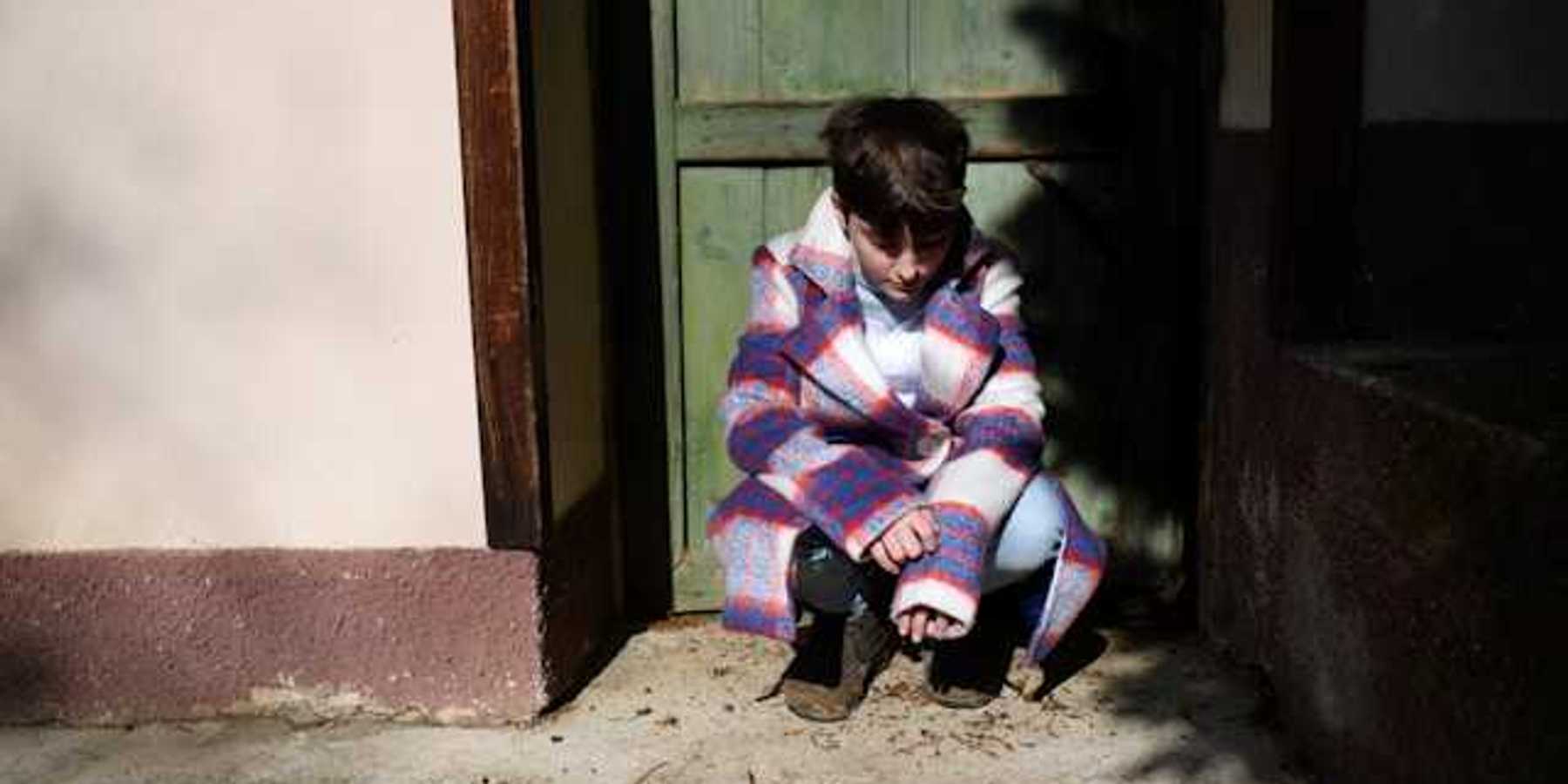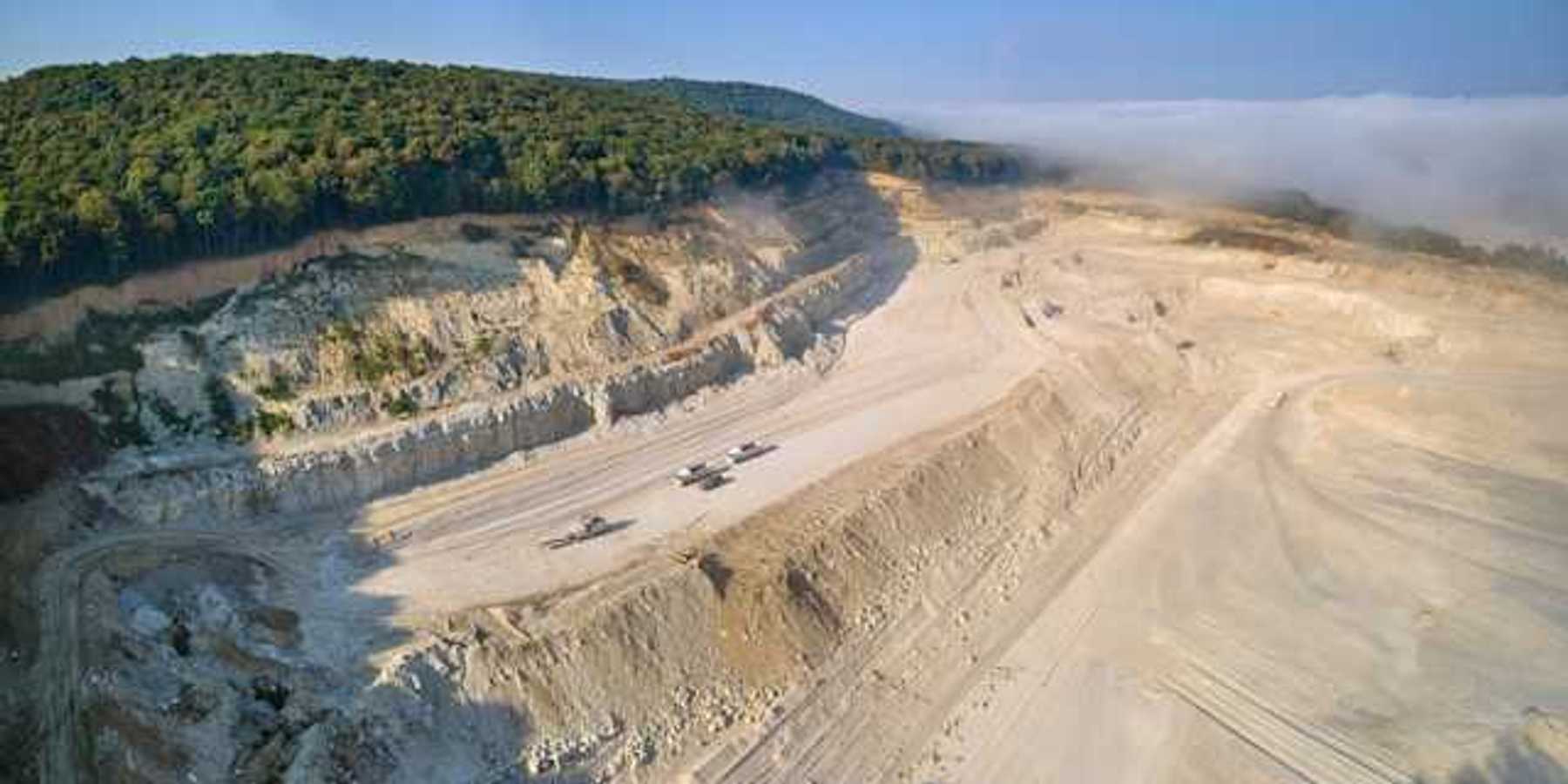Essay: Meteorologists and the sacred position between people and science.
Whether doctor or meteorologist, when we fail to look at the systemic causes of the immediate problems in front of us, we are guilty of malpractice.
SEATTLE—At the core of medical and of public health training, we learn that you cannot just look narrowly at the problem in front of you, you are obliged to look for the systemic causes, how did the patient get into this state and what are the challenges going forward? Failing to do so is malpractice.
If an internist were to see a patient who is elderly and very overweight, and who came in complaining of a sore on her foot, one that wasn’t healing, and that internist merely prescribed an ointment and failed to address the very real likelihood that this patient has vascular disease and diabetes, and was in grave danger of gangrene and amputation, in that case an objective party would review this failure as medical malpractice.
It is not enough for the doctor to know a lot of science. It is equally important that the person who is put between the scientific world and the human being must show true diligence.
It is not enough for the doctor to know a lot of science. It is equally important that the person who is put between the scientific world and the human being must show true diligence.
I will assert the same is true for meteorologists, who are clinical practitioners. They are face-to-face, at least electronically, with the father getting his children ready for school, the farmer working out her planting and harvest schedule, the pilot and air traffic controller, or the mayor struggling with the decision about whether to require a full scale evacuation. You not only save lives, you save livelihoods.
Everyone wants to hear what meteorologists have to say. Much of the time they’re the only ones worth watching on television. We need them to be technically proficient, but we also need big picture thinkers who forecast, as the navy admirals do, way out beyond the bow.
I started my career as a pediatrician and then an epidemiologist focused on environmental hazards. Two decades ago I took the position as Director of the National Center for Environmental Health at Centers for Disease Control and Prevention in Atlanta, arguably the highest public health and environment position in the United States. I was overseeing service programs like the childhood lead poisoning prevention, epidemic investigation of cancer and birth defect clusters, measurement of chemical levels in the American people.
During my first year at CDC, I assigned four epidemiologists to Chicago because of a serious heat wave. That investigation documented over 700 deaths. We learned much about the danger of social isolation, the effects of mental illness and poverty interfaced with climate disaster, and the importance of air-conditioning and the need for better designed buildings and places of refuge.
While at CDC I learned a great deal about climate change, especially from my colleagues at US EPA, NOAA, NCAR and others. I also learned from the doctors working in our refugee and international health group. I had underestimated the dreadful suffering that comes when 50,000 or 100,000 people are forced to move because of war or disaster. Look at the horrific suffering caused by the movement of a half million people from Syria.
Serious scientists and public health leaders, and Pentagon leaders, are gravely concerned about climate change. We fear that the violent storms, floods, droughts, sea level rise and loss of agriculture associated with climate change will cause migrations hundreds of times larger than the displacement from Syria.
An important aspect of this is that I really want to acknowledge and to thank meteorologists for very important work and outreach informing the public about weather threats. I would assert that both physicians and meteorologists are in a daunting and sacred position between people and the world of science.
In meteorology the systemic disorder is climate heating as a result of climate forcing gases. I worry deeply about the future of my country, about environment and health, about our economy and about our security threats. Some will likely say that it is not meteorologists’ job to report on longer-term and global threats, such as climate. In response here’s a medical story.
We struggled to deal only with individual cases, but we did not have a robust culture of alertness and intervention. After a series of tragic failures to identify children who were obviously victims of abuse, many of the states enacted laws that required that clinicians who “know or suspect” that a child is a victim of abuse, must report this to appropriate authorities within 24 hours. During my training this was drummed into us, but I naïvely thought that this was something pretty remote, that was in the newspaper, and that I would rarely see this.
I soon learned often and painfully that I was wrong. I was a skinny young red-haired pediatrician with lots of academic knowledge, but with limited practical experience. One evening while working in the emergency room at a busy city hospital, my next patient was a 10-year-old boy who clearly had been beaten. There were fist marks on his face and bruises on his body, but I was told that he had just taken a fall. I did a full exam looking for neurological symptoms, broken bones, blood in the urine and more, but the words “know or suspect child abuse?” echoed in the back of my mind. I decided to make the legal report and I called the social worker who helped me do the paper work.
I subsequently learned that the child was from a prominent family, and the son of a judge. The following day when I reported back to work at the emergency room, a burly man confronted me. He said he was the family’s private pediatrician. His face was red with anger and only six inches from mine. He began to berate me saying “No one calls for a child abuse investigation on one of my families. What you did was wrong. I’m going to have you fired.”
I wasn’t prepared for this, kept quiet for a bit, and then said: “Doctor, I can show you the law, it says: if we know or suspect child abuse, we are obliged to report. I could be liable for felony neglect if I failed to do so.” He did complain to the hospital administration, but after that I never heard another word from him.
I wonder if meteorologists are not in a similar role. Fellow citizens need meteorologists to keep them safe. When we fail to look at the systemic causes of the immediate problems in front of us, we are guilty of malpractice.
When we fail to identify threats to our children and grandchildren, we are guilty of child neglect, and in some cases child abuse. Just as with child abuse, when there is a grave threat, we need to speak with courage even when we don’t have absolute proof. That can be decided later.
Will our grandchildren, and all grandchildren, berate us: “you should have known we were in grave danger; why didn’t you act in time to protect us?”













